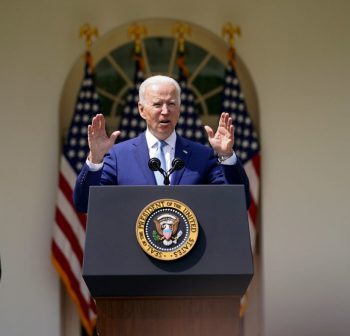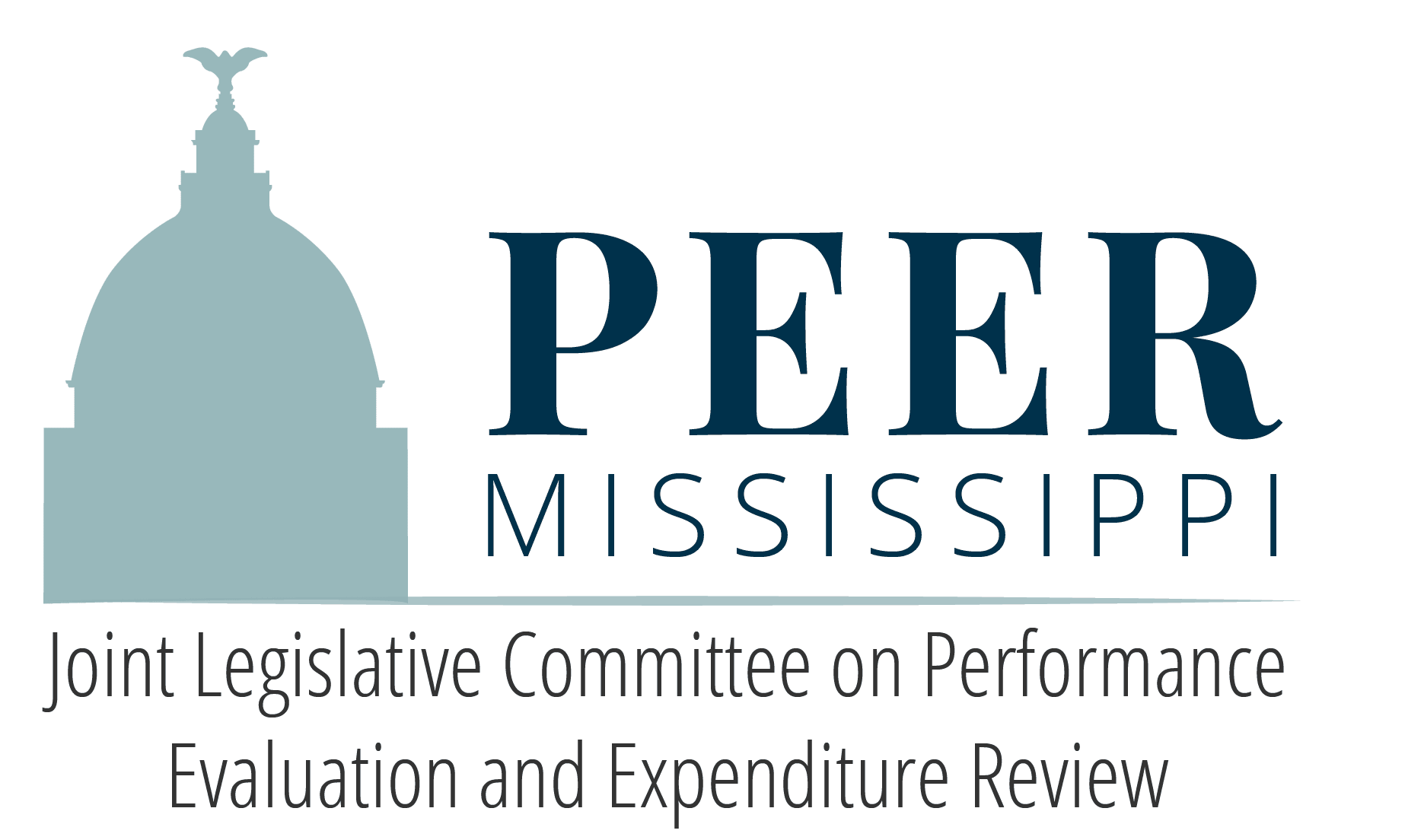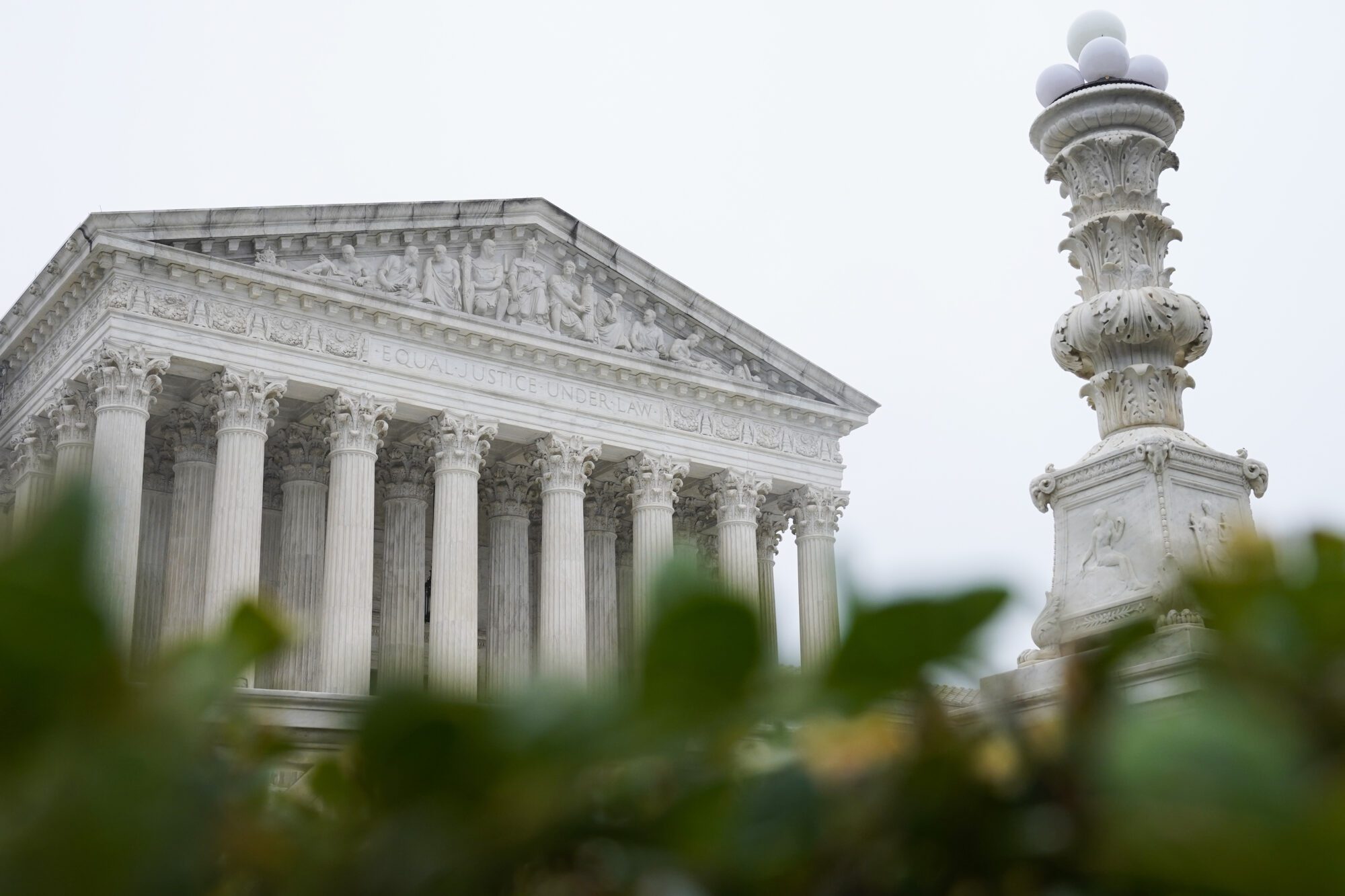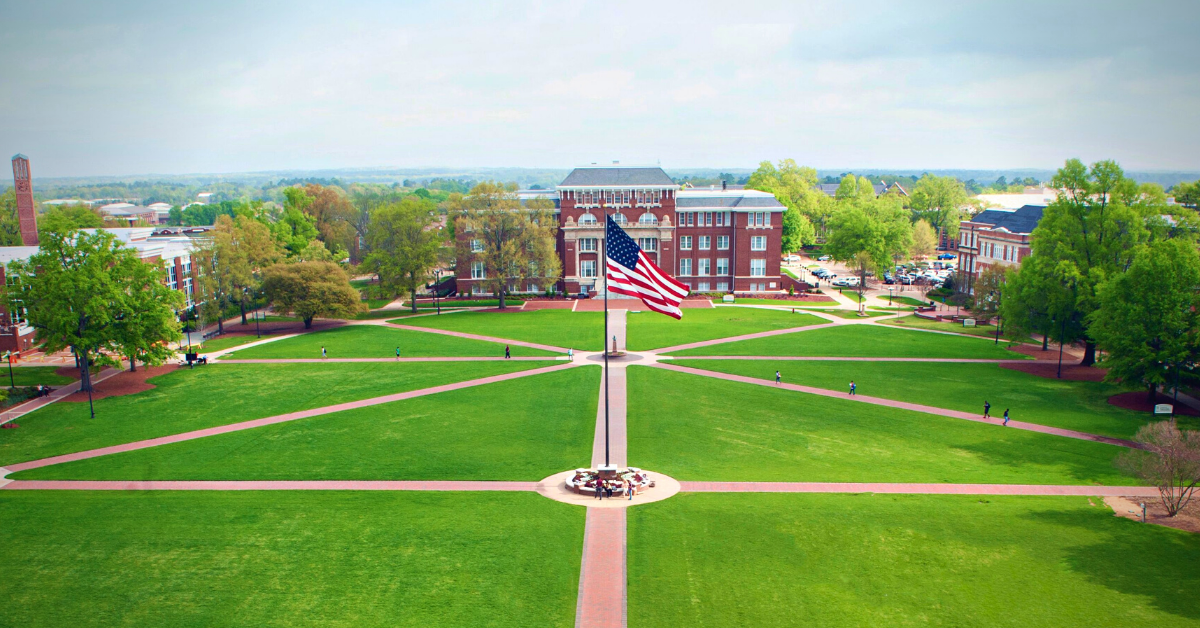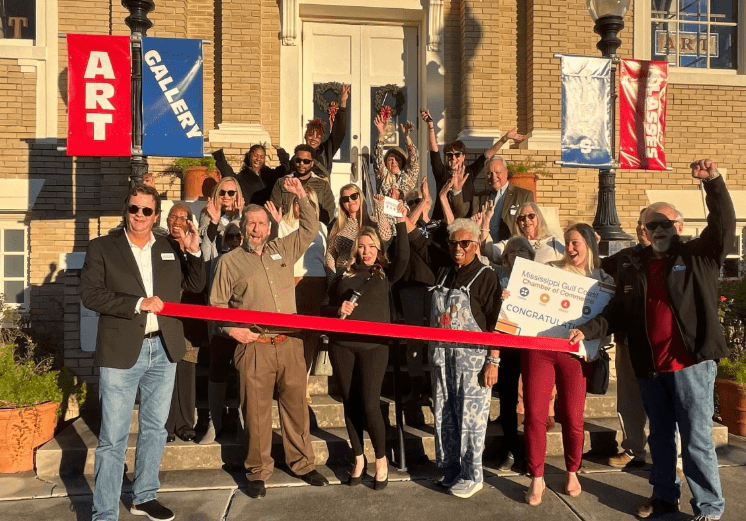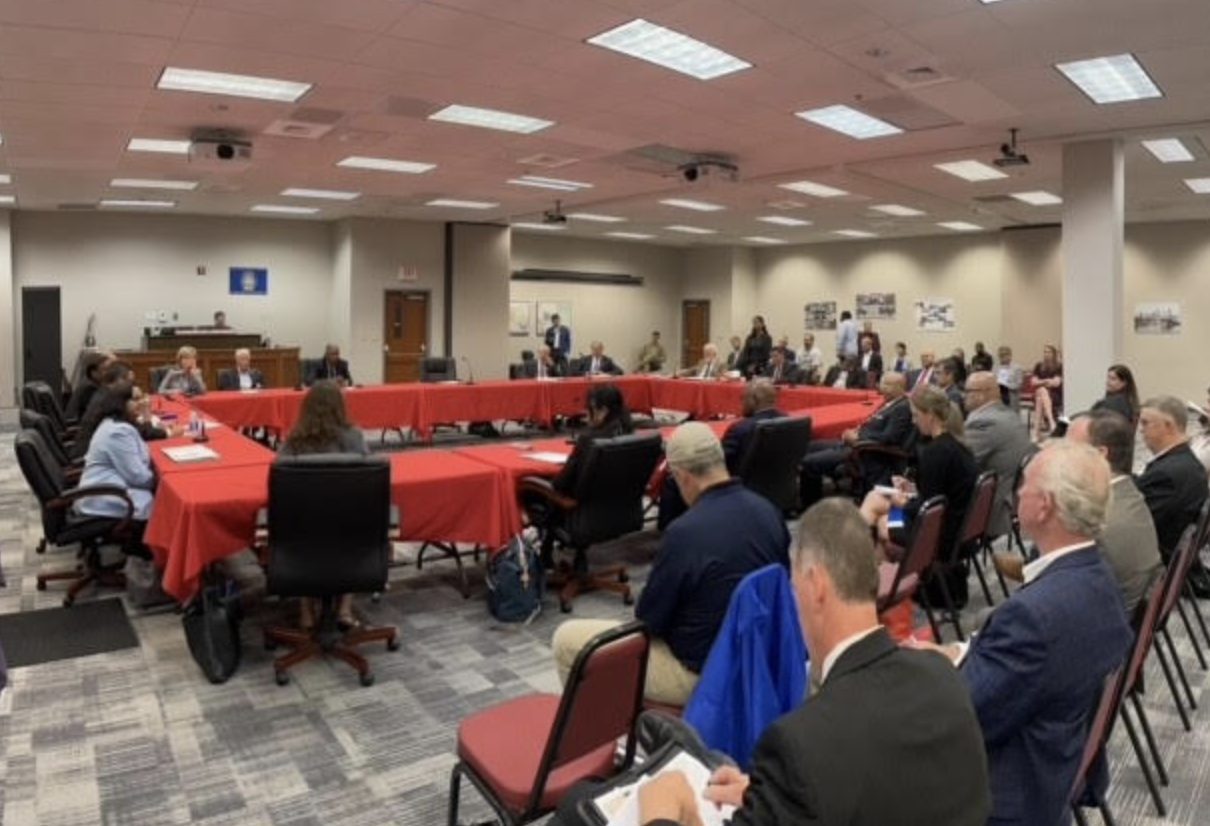
The panel met to discuss to ongoing flooding in the South Mississippi Delta region, a problem Gipson says should be solved with the finishing of the pumps.
On Wednesday, Commissioner of Agriculture and Commerce Andy Gipson addressed a panel of elected and federal officials who met to discuss flooding in the South Mississippi Delta. The panel included Senator Roger Wicker; Senator Cindy Hyde-Smith; Congressman Bennie Thompson; Chair of the White House’s Council for Environmental Quality Brenda Mallory; federal officials from the U.S. Army Corp of Engineers, EPA, FEMA, and the U.S. Department of Interior; a host of state legislators; and city and county officials.
Commissioner Gipson stressed the urgency to finish the pumps and gave the following remarks:
I would like to thank Senator Wicker and our congressional delegation for inviting me here today to address an urgent need facing Mississippi’s South Delta Region. I would also like to thank Chair Brenda Mallory, Chair of the White House’s Council for Environmental Quality, and other federal officials for being here today in Vicksburg, Mississippi, to listen to our concerns with flooding. According to its website, the mission of the Council for Environmental Quality is to “improve, preserve, and protect America’s public health and environment.” We strongly believe there is no better way to protect the public health and environment of the South Delta than to finish the pumps.
One major issue that I want to bring to attention that is specific to Mississippi is the Yazoo Backwater Area Project. The Yazoo Backwater Area Project was authorized by the Flood Control Act of 1941 and was designed to alleviate backwater flooding in the Mississippi South Delta Region and protect the livelihood of area residents. The South Delta is comprised of Humphreys, Issaquena, Sharkey, Warren, and Yazoo counties. Agriculture is a primary source of employment within these counties and associated local communities. The only component of the Yazoo Backwater Project that has not been completed is the pump station that was part of the original design. The pump station would prevent flooding of nearly 200,000 acres. The EPA vetoed the Yazoo Area Pump Project in 2008, even though it was a federally-authorized U.S. Army Corps of Engineers (Corps) Civil Works project. In November 2021, the EPA announced that it would allow the 2008 veto to stand.
The Yazoo Backwater Area of Mississippi has experienced significant flooding nine out of the past 11 years, which has devastated local economies and natural resources. This area also experienced minor flooding in the past two years, both in 2021 and 2022. If the pump station was in place, much of this man-made devastation could have been prevented. During 2019, over 550,000 acres flooded in the Yazoo Backwater Area, of which more than 225,000 acres were agricultural cropland. Most of this cropland was not planted that year due to the flood. Within the flooded region, 687 homes were affected by the floodwaters, with at least 252 categorized as having major damage or destroyed. The economic and environmental impact to the South Delta was devastating. The estimated economic impact to crops alone was $617 million. In 2020, approximately 490,000 acres flooded in the area once again. Of those acres, 196,000 acres were cropland. The backwater floods of 2019 and 2020 are the two highest backwater flood events since the completion of the Yazoo Backwater Levee and Drainage Structures in 1978. Much of the devastation that South Delta residents face now can be prevented if construction of the Yazoo Backwater Area Pump Project is completed.
As a result of frequent and historical flooding in the Yazoo Backwater, the Corps conducted a study in 2020 using new and current environmental data to re-evaluate the recommended plan to complete the Yazoo Area Pump Project. Findings of the study recommended a new plan that would reduce average annual flood damages to urban and agricultural areas through a combination of structural and nonstructural flood damage reduction features, minimize adverse impacts through project design, and provide a net gain in environmental value to the entire Yazoo Backwater Area. The study also recommended that the location of the pump station be moved approximately eight miles northeast of the original location. Additionally, mitigation was recommended to compensate for any unavoidable losses to environmental resources from the construction, operation, and maintenance of the project. The new plan represented a balanced approach to address flood damage reduction and environmental issues using the new environmental data.
Mississippians in the South Delta, farmers, state and local leaders, the EPA and the Corps were united in a plan, and in agreement on a solution reached in 2020 to finish the pumps. We have strong confidence in the research of the U.S. Army Corps of Engineers, and we believe the pumps provide the long-term solution necessary to alleviate the perpetual flooding in the South Delta.
For the aforementioned reasons, I want to reiterate to all of those present and to all of those who will listen in Washington, D.C., the urgent need to finish the pumps. If the goal of the federal government is to improve, preserve, and protect America’s public health and environment, we ask that you reconsider and complete the pumps as designed.




